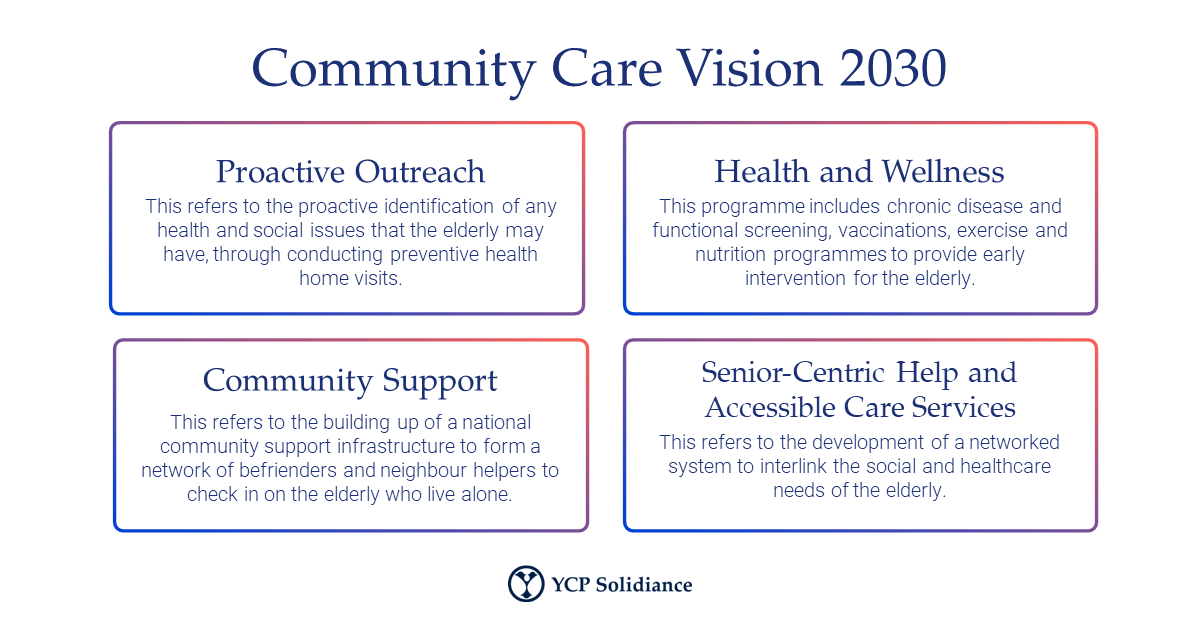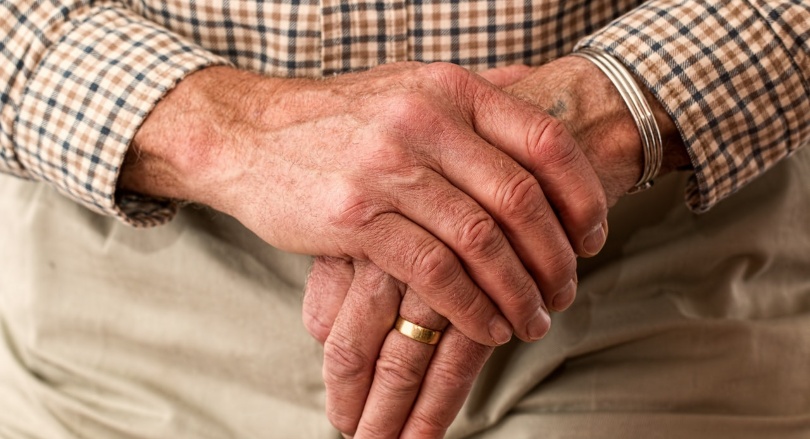According to data from Channel News Asia, 17.6% of Singaporeans are aged 65 and above as of late 2021—a number that will surge to 25% or more than 900,000 senior citizens by 2030.
Singapore’ growing elderly population is also expressing a desire to “age in place” and live their golden years in the comfort of their own homes, challenging the country’s Ministry of Health (MOH) to find ways to provide adequate eldercare services for Singapore’s communities. Healthcare policies for the elderly, specifically palliative care, are now an utmost priority for the MOH as part of the government's Healthier SG initiative, part of which explores the future of Singapore’s community eldercare in a post-pandemic era.
Prioritizing Eldercare Services in Singapore
The Healthier SG initiative, first unveiled by the MOH in March 2022, focuses on preventative care for Singaporeans that comprises of five key elements across the healthcare industry and community initiatives. A greater emphasis is put on healthcare for residents aged 40 and above, to help manage a greater number of chronic illnesses through programs designed to provide regular care from family doctors and community-based initiatives to encourage sport and exercise.
For elders who want to stay put at home, this boosts eldercare solutions to integrate a healthier lifestyle through socialization via community-based activities such as garden walks and group classes. The Agency of Integrated Care (AIC) has committed to coordinating these efforts, especially in light of recent COVID-19 protocols being lifted across Singapore.
Community Care Vision 2030
One of Singapore’ eldercare initiatives highlighted in the YCP Solidiance publication The Future of Eldercare in Singapore is Community Care Vision 2030, a four-pronged approach to encourage community participation and integrate socialization into eldercare.
Spearheaded by the MOH and AIC, this approach focuses on four key elements:

Combined with the community-centric approach of Healthier SG, this presents unique opportunities for technology providers—specifically those in the areas of medical devices, home security technology, and even mobile apps—to tailor new products and services towards enabling the elderly at home in Singapore to comfortably live out their golden years.
The YCP Solidiance article Business Trends in Singapore for 2022 provides an example of telehealth, which allows the elderly to remain at home instead of venturing to hospitals for consultations. The MOH and AIC are also working on a digital community care plan, according to Channel News Asia, that will help replace reduce administrative tasks through technology to allow healthcare providers and caregivers to focus on caring for patients.
These efforts are part of Singapore’s long-term plan to increase quality of life for its people, but most notably for its growing elderly population. Focusing on community care and the integration of digital technology solutions will help those wanting to “age in place” do so in a safe and honorable way.
For more insights about Singapore’s various industries, subscribe to our newsletter here and read these reports:







